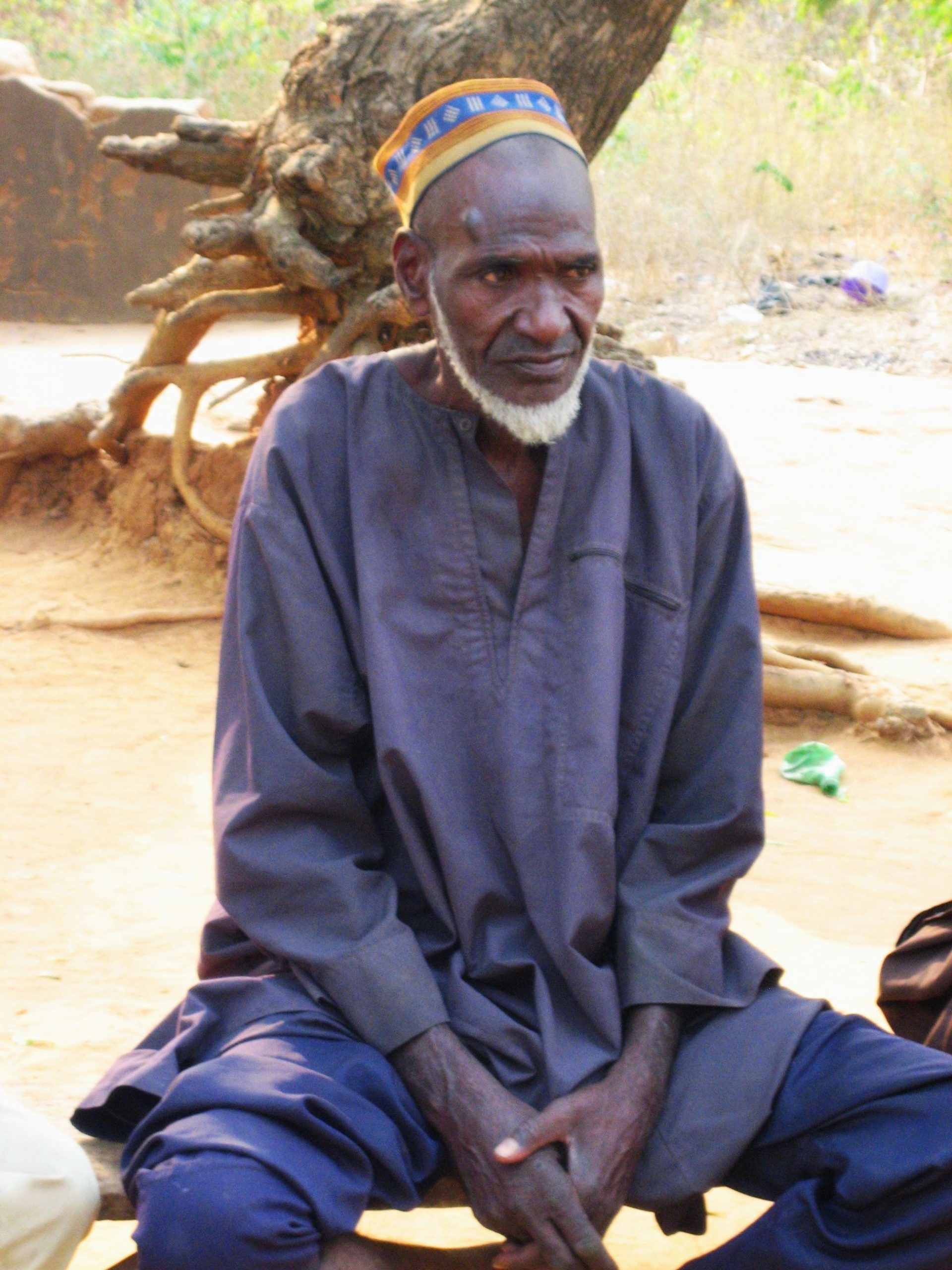
Loss and damage (L&D) is generally defined as the residual cost of climate change to societies, after mitigation and adaptation. Some aspects of LD can be given an economic value (e.g. damage to infrastructure), but other aspects are difficult or impossible to value economically (e.g. identity and place), and are termed non-economic or non-market loss and damage (NMLD).
Some NMLDs may be the most highly valued by individuals and communities, but their incommensurability means that they are in danger of being ignored or undervalued when considering LD, especially in the context of prioritising adaptation.
We explore possible frameworks to NMLD “valuation” that are consistent with recent thinking about limits to adaptation, tolerable and intolerable losses. Drawing on case studies of climate change impacts from across the developed and developing world, we re-interrogate previous literature to define a typology of NMLD through the lens of what people value, and the potential for loss. We use case studies that represent different livelihoods and climatic stressors, for instance from the Western Australian Wheat Belt, New Orleans, Niue Island in the South Pacific, dryland farming systems in Northern Ghana, and indigenous populations in the United States and Australia.
Instead of starting with current and future impacts from climate change and assessing economic and non-economic losses for all possible loss categories, we start with what people in specific places value and how these aspects are affected by climate change. Not every potential loss is valued the same, and some losses might be larger and harder to avoid, than others. “Intolerable” loss might occur when, despite adaptive action, a highly valued private or social norm is threatened.
However, what people value might change over time, with new understandings of risk, adaptation options, and likely impacts, and with social and cultural change. Hence, any useful analytical framework for NMLD has to be iterative and reflexive, and it has to have a time dimension.
Some of our main questions for deliberation:
- What are the domains of L&D under climate change?
- What is a meaningful baseline for determining loss?
- When, where, and for whom are L&D irreversible?
- What methodologies and approaches exist or need to be amended to best assess harm, in monetary and non-monetary terms?
- What is the basis for estimating and allocating reparation and compensation?
Selected outcomes
2019
Academic Publications
- Tschakert, P., N. R. Ellis, C. Anderson, A. Kelly, and J. Obeng (2019). One thousand ways to experience loss: A systematic analysis of climate-related intangible harm from around the world. Global Environmental Change 55: 58-72.
- Crosweller, M., & Tschakert, P. (2019). Climate change and disasters: The ethics of leadership. Wiley Interdisciplinary Reviews: Climate Change, e624.
Policy Inputs
- Submission to the WA Climate Change and Health Inquiry, and witness to the inquiry
- Submission to the WA Climate CHange Issue Paper (2019)
- National Advisory Panel for Australian Resilience Task Force – Profiling Australia’s Vulnerability (2019)
2018
Publications
- Tschakert, P., Ellis, N.R., Anderson, C., Kelly, A. and Obeng, J., 2019. One thousand ways to experience loss: A systematic analysis of climate-related intangible harm from around the world. Global Environmental Change, 55, pp.58-72.
- Roy, J., Tschakert, P., Waisman, H. et al., 2018. Sustainable Development, Poverty Eradication and Reducing Inequalities. Chapter 5 in IPCC Special Report 1.5C.
Policy inputs
- Masson-Delmotte, V., et al., 2018. Global warming of 1.5 C An IPCC Special Report on the impacts of global warming of 1.5 C above pre-industrial levels and related global greenhouse gas emission pathways.
2017
Publications
- Tschakert, P., Barnett, J., Ellis, N., Lawrence, C., Tuana, N., New, M., Elrick‐Barr, C., Pandit, R. and Pannell, D., 2017. Climate change and loss, as if people mattered: values, places, and experiences. WIREs: Climate Change, 8(5).
Policy inputs
- Continuous contribution to the Expert Group, Action Area 4 of the Warsaw International Mechanism on Loss and Damage, as part of the UNFCCC (2017)
2016
- Four-day workshop at UWA in Perth, April 2016
- UNFCCC Expert Briefing, Warsaw International Mechanism (WIM) ExCom, on non-economic losses (NELs) ‘Human mobility, territory, and indigenous knowledge”, April 2016
- Poster presentation at the Adaptation Futures Conference in Rotterdam, May 2016
- Presentations at the National Climate Change Adaptation Conference in Adelaide, July 2016
- Several joint papers, e.g. conceptualizing loss in the context of climate change, the role of identity in understanding loss from climate change, and a comparative analysis of case studies
- Policy recommendations to the UNFCCC WIM